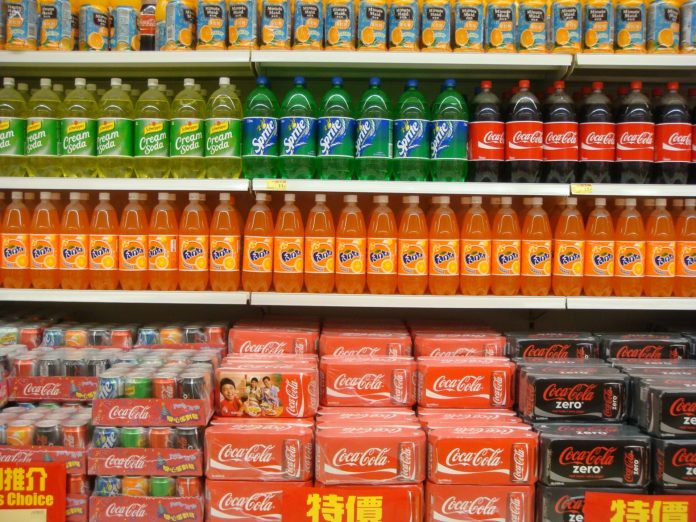Consumption of low-calorie sweetened beverages or diet drinks may not help reduce calorie intake in children
Kids who favour low-calorie sweetened beverages or diet drinks consume about 200 more calories daily than their peers who choose water, according to a survey of 7,000 UD children and teens. “Water is best, and we should be promoting it over low-calorie sweetened beverages,” said lead researcher Allison Sylvetsky, an assistant professor at George Washington University’s School of Public Health, in Washington, D.C.
The study looked at data from over 7,000 children and teenagers, enrolled in the US National Health and Nutrition Examination Survey from 2011 to 2016. In the survey, the children were asked to recall what they’d eaten and had to drink the previous day.
Kids who’d had at least 4 ounces of water, and little to no sugary or artificially sweetened drinks, were considered water consumers. These kids had on an average the lowest calorie intake for the day, and consumed the least amount of sugar and added sugar.
Any beverage labelled as sugar-free, diet, light, low-calorie or no-calorie was categorized as a low-calorie sweetened drink. Kids who drank diet beverages consumed less daily sugar for the day, including added sugars than those who drank sugar-sweetened beverages
In comparison, their peers who had low-calorie sweetened drinks – at least 4 ounces for the day – consumed 200 more calories, on average. That put them on par with kids who’d had sugar-sweetened drinks.
Any beverage labelled as sugar-free, diet, light, low-calorie or no-calorie was categorized as a low-calorie sweetened drink. Kids who drank diet beverages consumed less daily sugar for the day, including added sugars than those who drank sugar-sweetened beverages – which may be a good thing, added the researchers.
So the fact that their calorie intake was the same is not necessarily a bad thing, according to Sylvetsky – if those calories came from nutritious foods. “We weren’t able to look at overall diet quality,” she said. “We’d like to do that in a future study.”
Findings of the study were published in the journal Pediatric Obesity.


